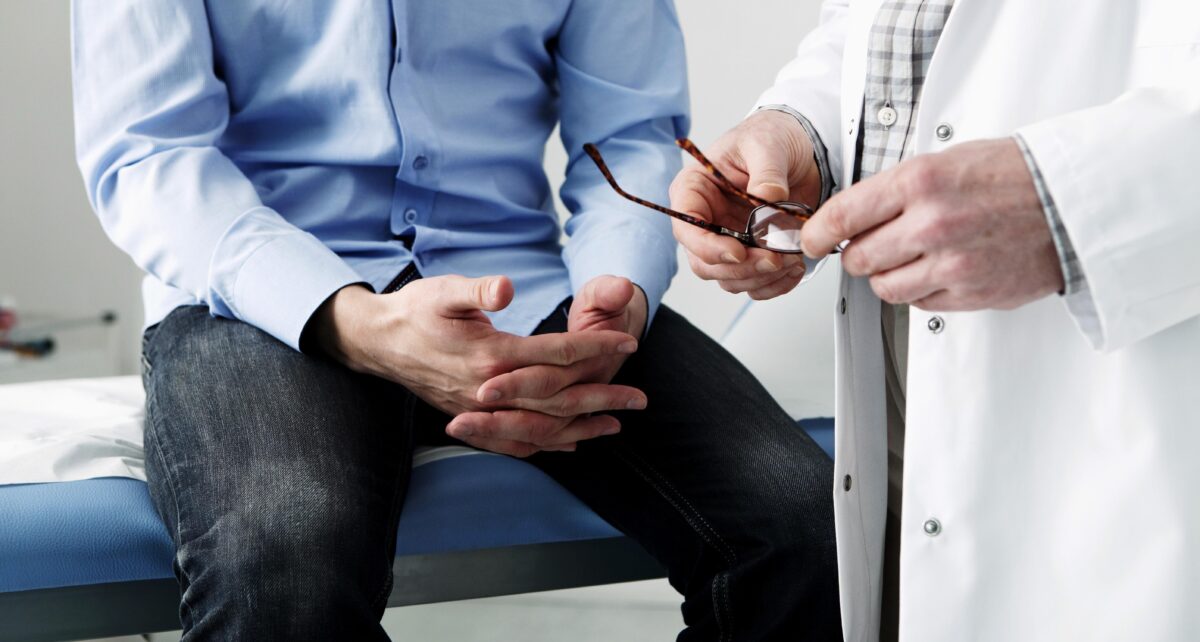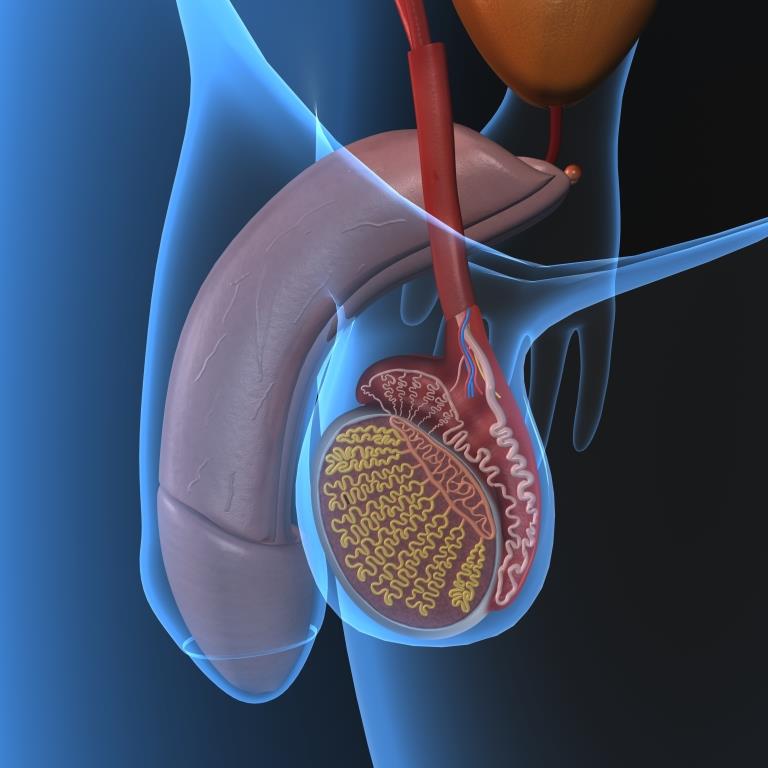
The male factor in infertility
In contrast with the old-fashioned belief that reproduction issues are a female thing, current figures are clear: 47% of infertility cases in a couple are down to an issue with the man. Therefore, when a couple has infertility issues and they seek the help of a clinic specialising in assisted reproduction, the tests and analyses are carried out on both members of the couple. This practice of looking into both the female factor and the male factor is now common and carried out by all experts in the field, but there is still a lack of understanding of the fertility issues which men can have. What are they? What solutions do leading assisted reproduction clinics offer nowadays?
The most common issues amongst men are “changes in the sperm count with no apparent cause”, explains Instituto Bernabeu in Alicante. That is, a low number of sperm, poor sperm mobility or abnormal morphology. Additionally, there may be more concrete and identifiable reasons for changes in sperm such as obstruction issues, infection, diseases or genetic reasons which impede egg fertilisation or which affect embryo quality.
Dr Luís Prieto, head of Urology at Instituto Bernabeu, explains that “nowadays, male infertility means going through an urological analysis” since “within infertility there are numerous possibilities. It’s very wide ranging and there are many syndromes and possibilities.” According to the expert, the male component needs to be carefully analysed because sometimes “during the analysis process, an associated pathology is detected in the man and which may be caused by the infertility but we also find a related illness which may be the cause or effect of that infertility.”
The IB expert adds that “each person presents a wide range” of possibilities because “there are many urological pathologies.” All of these are looked at from the point of view of an extensive and complex speciality: andrology. Dr Prieto comments that this medical speciality “is a very wide one and it is a clinical speciality.” Another possible and common situation, which is not an infertility case as such but which is an impediment to getting pregnant, is when a man wishes to have a child after having had a vasectomy. In these cases, sperm can be obtained “with just a simple puncture”, explains Dr Prieto.
When faced with any of the above, what should one do? It’s essential to consult a specialist in order to determine the specific tests and most appropriate steps for each patient. During that visit with the doctor, the possible common sterility issues, possible exposure to toxins, lifestyle, etc. are analysed. One of the tests carried out is a seminogram. This is essential to obtaining detailed information on the sperm and helps to determine the right treatment and next steps to be taken.
An appointment with an andrologist is also essential. He/she will carry out an exploration and an analysis and will recommend the best technique for obtaining sperm. If the male factor is moderate or severe, the ideal technique is ICSI (Intra-Cytoplasmic Sperm Injection) in which, by means of a micro-injection, the biologist introduces sperm into the egg, thus facilitating “natural” fertilisation, explains Instituto Bernabeu. If sperm abnormality is light, other techniques may be used. For example, Artificial Insemination by Husband/Partner (AIH).
How is sperm obtained? The two main types of testicle biopsies which can be carried out for sperm removal are MESA and TESE. The first is sperm retrieval by means of aspiration (suction) from the epididymis using microsurgery. The second option retrieves sperm by means of testicular biopsy. “We mainly use the option of aspiration directly from the testicle, not the epididymis, because the latter entails greater risk of bruising,” indicates Dr Prieto.
“At Instituto Bernabeu in Alicante, we’ve had an Andrology department for over 16 years and we have the best techniques in terms of direct sperm collection punctures and multiple biopsies. If we do need to carry out micro-surgery, we have a magnifying glass, surgical microscope and all the necessary in order to do so, ” says the expert in andrology. The MESA technique, in particular, gives better results in terms of sperm retrieval because “a smaller amount of tissue is removed from the testicle.” The doctor adds that in the reproduction clinic in Alicante they have “very good results and, above all, we significantly minimise patient risk in that we do not submit the testicles to excessive strain. In other clinics, they carry out direct biopsy but, in many cases, we retrieve sperm for assisted reproduction cycles by means of puncture. We have extensive experience in such cases.”
“There have been huge changes in what we do since we are now able to achieve better results with less mobility” in sperm, he adds. The expert assures that Instituto Bernabeu “is the only clinic which has managed to retrieve sperm from a man with Klinefeltern syndrome by means of a multiple biopsy without the use of a microscope.” Additionally, the clinic in Alicante was the first in Europe to retrieve spermatids, immature cells used in assisted reproduction when there is no sperm in ejaculation. At the time, this was a great achievement. Nowadays, however, other procedures have taken its place. Dr Jorge Ten, head of the Reproduction Biology Department at Instituto Bernbeu, adds that “nowadays its standard practice to retrieve sperm from azoospermic males following testicular puncture biopsy.”
Dr Luis Prieto indicates that “when you have good embryologists, there’s no need to turn to other techniques as happens in some clinics in which the motivation is money. What you need are a good biopsy and good biologists who spend the necessary time on searching for sperm.” The expert andrologists assures that Instituto Bernabeu “has the very best biologist and urologists.”
In fact, thanks to the work which those biologists and urologists do and the use of the latest techniques and innovations in biology and urology for assisted reproduction, donor sperm is only required very infrequently. The main thing is to turn to the best experts, analyse each case and take the necessary steps to achieve the patient’s wish: to become a parent.
In order to learn more about upcoming forum topics, follow us on Facebook or Twitter
If you so wish, carry out an on-line medical consultation or request an appointment.
For further information, refer to our website: www.institutobernabeu.com or www.ibbiotech.com
